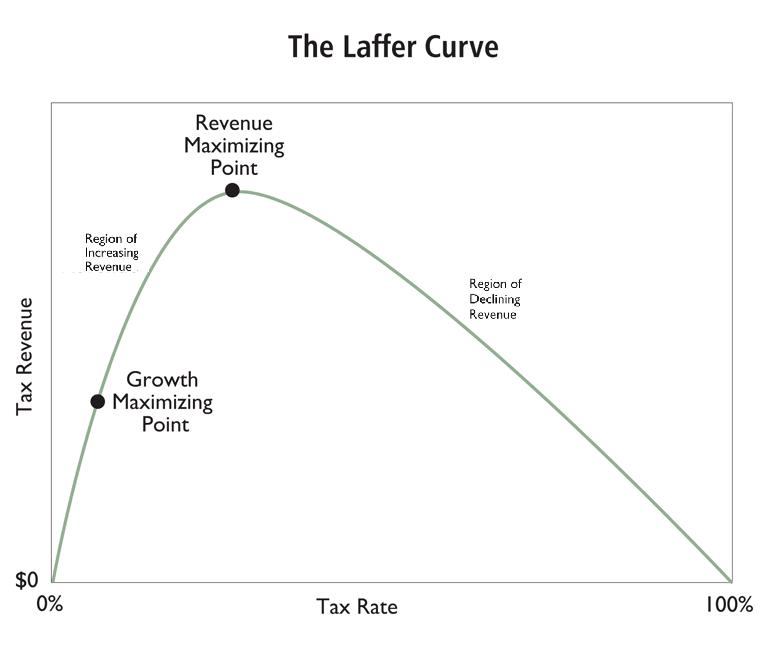Whatever happened to California? On Monday, it became the first so-called Sanctuary State, forbidding police officers from working with ICE agents to deport dangerous criminals.
Yet it already has a massive problem with people who find it so hard to live in the state that they have had to move to the streets. (See the video below.)
Add this to the exodus of high value tax-payers and you have a fragile state of affairs for this massive state. Net exodus numbers for California are offset by the number of new immigrants which obscures the fact that skilled workers are leaving because the taxes are making it unsustainable to live there and have a decent life style.
As a self-reliant person you have probably worked out where the best place for you to live is located. Spare a thought for the people who can’t get out of California. And if you love Cali and would never leave, please share your tips for making the most of all the benefits that California offers while dealing with its negative issues.
And this from Dan Mitchell:
Everything You Need to Know about California, in a Single Storyby Dan Mitchell |
When I write an everything-you-need-to-know column, it’s not because I’m under any illusions that I’ve actually amassed all the information one could need on a topic. Instead, it’s just a meme.
- I’m either I’m writing an in-depth primer on an issue (for instance, spending caps or the mortgage interest deduction).
- Or I’ve found a story that symbolizes something (for instance, a Great Depression cartoon or the misery of Venezuela).
Today’s column belongs in the latter category. Could there possibly be something that more perfectly captures the essence of California than a story about the over-taxation of legal marijuana?
Marijuana dispensaries across California experienced long lines on the first day of legal recreational pot sales. But advocates warned the legal industry won’t survive without big changes…said Steve DeAngelo, co-founder and CEO of Harborside in Oakland.
“At the same time, I’m terrified about what’s going to happen with these taxes.” Harborside has been a medical marijuana dispensary for more than a decade, and is now selling recreational marijuana… “In our shop here, the tax rate has gone from 15 percent all the way up to almost 35 percent for adult consumers,” DeAngelo said. …There is the regular state sales tax of 6 percent, and the regular Alameda County sales tax of 3.25 percent. Then there is a 15 percent state tax on marijuana, and a 10 percent Oakland tax on recreational marijuana. Total taxes: 34.25 percent. …In addition to taxes, marijuana regulations drive up the cost.
Excessive government and lifestyle liberalism. A perfect summation of California.
By the way, even though I’m a social conservative-style teetotaler, I agree with the pot legalization. But I have mixed feelings because I don’t want politicians to get more money to waste.
Though I am happy that people have the option to still use the underground economy.
…”a significant number of people, less affluent consumers, are going to turn to the lower prices of the underground market,” DeAngelo said. …People who are disabled or on fixed incomes may turn to the black market. “They can barely afford cannabis now, much less with a 35 or 40 percent tax increase,” DeAngelo said. When people aren’t buying from a regulated business, the state is getting zero taxes.
Yet another example of the Laffer Curve, which is simply the common-sense notion that marginal tax rates impact incentives.
 When taxes are too high, there’s either less taxable activity, or the activity moves where the government can’t tax it. In other words, higher tax rates don’t necessarily meanhigher tax revenue.
When taxes are too high, there’s either less taxable activity, or the activity moves where the government can’t tax it. In other words, higher tax rates don’t necessarily meanhigher tax revenue.
And it definitely means revenues will never be as high as the pro-tax crowd would like.
Such a simple concept that even some leftists are catching on.
This may lead California to lower tax rates, as has happened in other states.
Colorado, Washington state and Oregon each legalized marijuana at one tax rate and then had to lower the rate to keep people in the legitimate market. DeAngelo believes California will have to do the same. “I don’t think that the current tax rate for cannabis in California is sustainable,” he said.
That last sentence puts me in a good mood. I very much like when greedy politicians are forced to lower tax rates.
For those that want a more detailed and serious look at the economics of taxation and drug prohibition, this column from last November is a good place to start.
And for those who want a closer look at the moral/practical issues of drug prohibition, I recommend this piece from last May.

